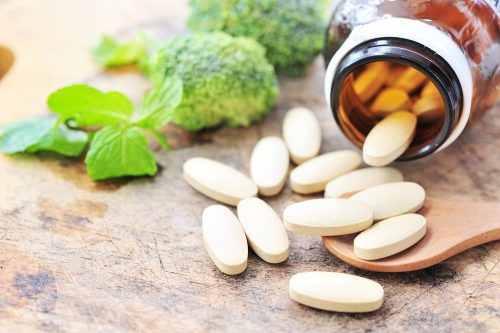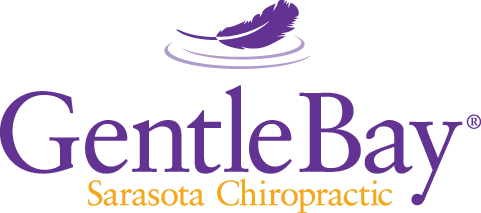Many people worldwide are looking to boost their immune systems in response to the spread of the new coronavirus. As I write this, it is difficult to get many types of supplements, as people are buying up existing stocks of zinc lozenges, elderberry extract, quercetin, and immune-boosting probiotics. Vitamins C and D have been getting a lot of attention as well, but are still available. Most of these are helpful, but limited in what they can do in protecting against the new coronavirus. Vitamin D and zinc are only shown to be helpful if you are deficient (40% of Americans are deficient in D). Vitamin C and elderberry are shown in some studies to help with respiratory virus symptoms, but the effects are mild (some hospitals are seeing significant help from intravenous vitamin C in reducing severe coronavirus effects, but this is very different from taking vitamin C orally).
Below is information on supplements that seem much more likely to help, based on the current best evidence in research. One of the substances, quercetin, is currently being studied by Canadian researchers as a protection against the RNA virus COVID-19, but the results will not be known for some time. However, the items below are suggested based on their properties that apply to defending against RNA viruses in general (which include COVID-19, SARS, Ebola, Zika and influenza).
- Quercetin – in mouse studies, this substance found in foods such as onions significantly reduced infection rates for both Ebola and Zika virus. It is also anti-inflammatory.
- N-Acetyl Cysteine (NAC) – promotes production of the antioxidant glutathione in the body. In a study with 262 elderly patients, those taking NAC were over 3 times more likely to be asymptomatic with influenza infection, compared to the control group.
- Glucosamine sulfate – usually thought of for arthritis pain, this promotes an anti-viral signaling protein in the mitochondria of cells. Mice that were fed glucosamine had much higher survival rates when infected with flu virus.
- Beta-glucan (from brewer’s yeast) – this is also shown to protect mice infected with influenza virus.
- Lipoic Acid – boosts type 1 interferon response, and is an antioxidant.
- Spirulina powder – a substance in spirulina called PCB promotes type 1 interferon response. Also anti-inflammatory.
Please note: None of the above have been proven to help with COVID-19. However, there are no proven medications to help guard against infection by COVID-19 or reduce severity of symptoms. Based on best evidence, these suggestions seem worth considering as they are safe and relatively inexpensive. Before taking them, consult with a qualified health professional.
With current limits on travel and minimizing of personal interaction, we have made it easy to get these supplements at an online dispensary set up for our office. The recommended supplements and many other products are available, at a 10% discount off retail prices. You can access the dispensary here, and it is easy to register and order.
We also have several of the recommended supplements in stock at the office. Below are typical dosages:
Quercetin: 500 – 1,000 mg per day. While this supplement shows the best possibility of actually preventing viral infection, it can cause headaches and tingling extremities in some people. It is also very difficult to obtain right now.
N-Acetyl Cysteine: 1,500 mg per day (or liposomal glutathione, 1000 mg per day). This is my frontline recommendation, as it was shown very effective against flu virus symptoms in a human study. It is usually very well tolerated, and requires taking only two 750mg capsules per day.
Beta-glucan: 250 – 500 mg per day. This is my number two recommendation, to combine with N-Acetyl cysteine.
Glucosamine sulfate: 3,000 to 5,000 mg per day. I recommend considering glucosamine as another possible line of defense for those who are high risk due to health status or exposure level. Usually very well tolerated, unless you have a shellfish allergy, but if so there is a vegetarian version available in the dispensary.
Lipoic Acid: 600 mg per day.
Spirulina powder: 15 grams per day (in smoothies).
PLEASE NOTE SUPPLEMENTS ARE NOT A SUBSTITUTE FOR FOLLOWING THE GUIDANCE OF THE CDC AND YOUR LOCAL AUTHORITIES IN PROPER PREVENTION OF COVID-19 TRANSMISSION AND INFECTION. PLEASE BE SAFE.
Links for more information:
https://www.sciencedirect.com/science/article/pii/



